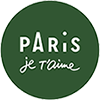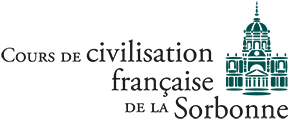The different types of visas that are suitable for studies in France

Home » Info & Registration » Register to the CCFS » Visas to study in France
Do I need to apply for a visa if I’m a student?
Depending on your birth country, obtaining a visa may be necessary if you plan to study and/or learn French while residing in France. Citizens of the European Union, Switzerland, as well as nationals of the European Economic Area can however stay and/or study in France without needing to first apply for a visa.
Regarding nationals of other countries without a French residence permit, obtaining a visa remains imperative to stay in France for the purposes of studies or learning the French language, whether for academic or personal purposes. The nature of the visa required then depends on your status as a student or not, and is also conditioned by the duration of your stay in France.
Long Stay Visa: ideal option for studying in France
The long-stay visa is particularly suitable for students wishing to learn French, since it can be extended for higher studies in France. Valid for 4 to 12 months, this visa exempts from the obligation to apply for a residence permit and has various advantages: the holder can travel freely in the Schengen zone, carry out a part-time professional activity in France and benefit from housing assistance provided by the CAF (Caisse des Allocations Familiales). Holders of this visa wishing to extend their stay beyond its validity period must, however, begin the procedure for a residence permit at the prefecture, two months before the visa expires.
Furthermore, the long-stay visa is also intended for workers, interns and visitors, offering a flexible duration of 4 to 12 months during which they can learn French while residing in France.
Temporary long-stay visa
This temporary visa, lasting 4 to 12 months, differs from the long-stay visa in several essential characteristics: it is not subject to extension in France and does not give the holder the possibility of working part-time nor to request financial assistance from CAF. It is therefore suitable for individuals who want to take a break for a few months, or even a sabbatical year with the aim of learning French.
Working holiday or “young traveler” visa: culture and tourism
Intended for people aged 18 to 30 and applicable to 16 countries, the working holiday or “young traveler” visa is granted as part of a tourist and cultural approach in France, including learning the French language. With a maximum duration of one year, this visa cannot be extended, but still authorizes the exercise of salaried activity.




